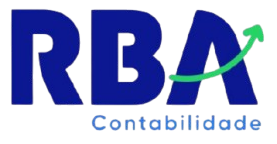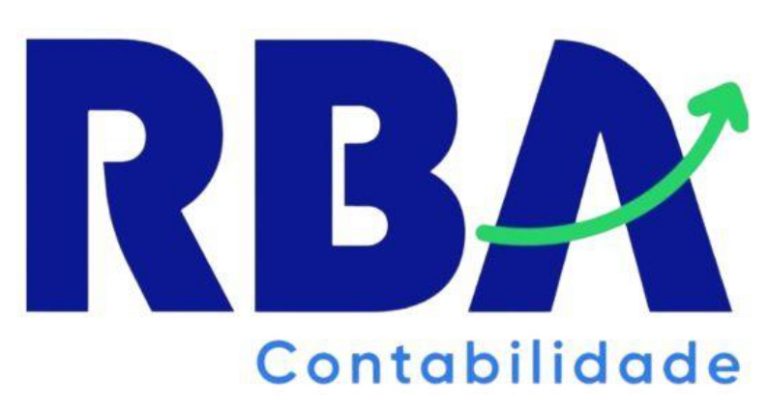When you yourself have several college loans, you may also become stressed on how to focus on them. Which have that loan installment bundle makes it possible to knock out loans faster.
When you have several education loan, you happen to be wondering which one to settle basic. The answer relies on what sort of https://paydayloansindiana.org/cities/newburgh/ money you have, how much cash your debt, plus financial predicament.
Some individuals focus on the financing towards the higher interest rate first, while some always start with the mortgage to the tiniest equilibrium so you can bump it less. The solution is not necessarily the exact same for everybody, and what realy works for somebody more may not be best selection for your.
This is what you should know on prioritizing their education loan cost and several methods you can use to stop your debt fundamentally.
Refinancing your student loans is one option that could help you pay off your student loans faster. Visit Credible to evaluate education loan refinance prices from various lenders, all in one place.
- Pay personal figuratively speaking basic
- Prioritize the borrowed funds into the highest interest
- Pay off the smallest loan earliest
- What’s the most practical way to pay off the student loans?
- Which federal student loan in the event that you pay-off earliest?
- Things to thought whenever settling student education loans
Means step 1: Pay-off personal student education loans very first
If you have federal and personal student education loans, think paying down your private loans earliest. Personal funds usually have high interest levels than simply federal financing, very paying off them very first will save you profit the fresh new much time run. Continue steadily to generate minimum monthly payments in your government fund, but lay any extra offered funds for the your private figuratively speaking.
Repayment options are somewhat limited with private student loans, and private lenders generally offer fewer protections than federal student loans. If you have federal student loans, you have access to benefits like loan deferment and forbearance, as well as financing forgiveness applications. Private lenders are less lenient when borrowers face hardships or need to make adjustments.
In the event your credit excellent, or you possess a beneficial cosigner with a good credit score, you can even refinance your own personal loans to track down a reduced interest rate, that may make it easier to pay them from less.
Strategy 2: Focus on the mortgage with the large interest
If you want to maximize your savings when paying off student loans, start with the one that has the highest interest rate. Federal student loans come with fixed rates set by the government. Private lenders set interest rates based on your credit and other factors, and they’re often highermit to tackling your loan with the highest interest rate first.
By paying off the loan with the highest interest rate, you reduce the amount of interest you’ll pay on the loan beyond the principal balance. This is called the obligations avalanche method, and it’s a good option if you want to pay the least amount of money in the long run.
For example, if you had a $12,000 student loan at 5% interest and paid it off over 10 years, you’d pay $3,273 in interest for a total payment of $15,273. If you made enough extra payments to pay that same loan off in seven years, you’d only pay $2,247 in interest – a savings of $1,026.
Strategy step 3: Pay off the tiniest financing very first
Another repayment option you may want to consider is the obligations snowball method. This strategy prioritizes paying off the student loan with the lowest balance first.
To do so, make minimum monthly loan money on your other loans and put any extra money toward the one with the lowest balance. Once you’ve paid that loan off, move on to the loan with the next-lowest balance, rolling over the funds you were paying on the previous loan. Continue to pay off your loans and roll over the funds, forming a snowball effect that continues to grow until you’ve paid off all your loans.


